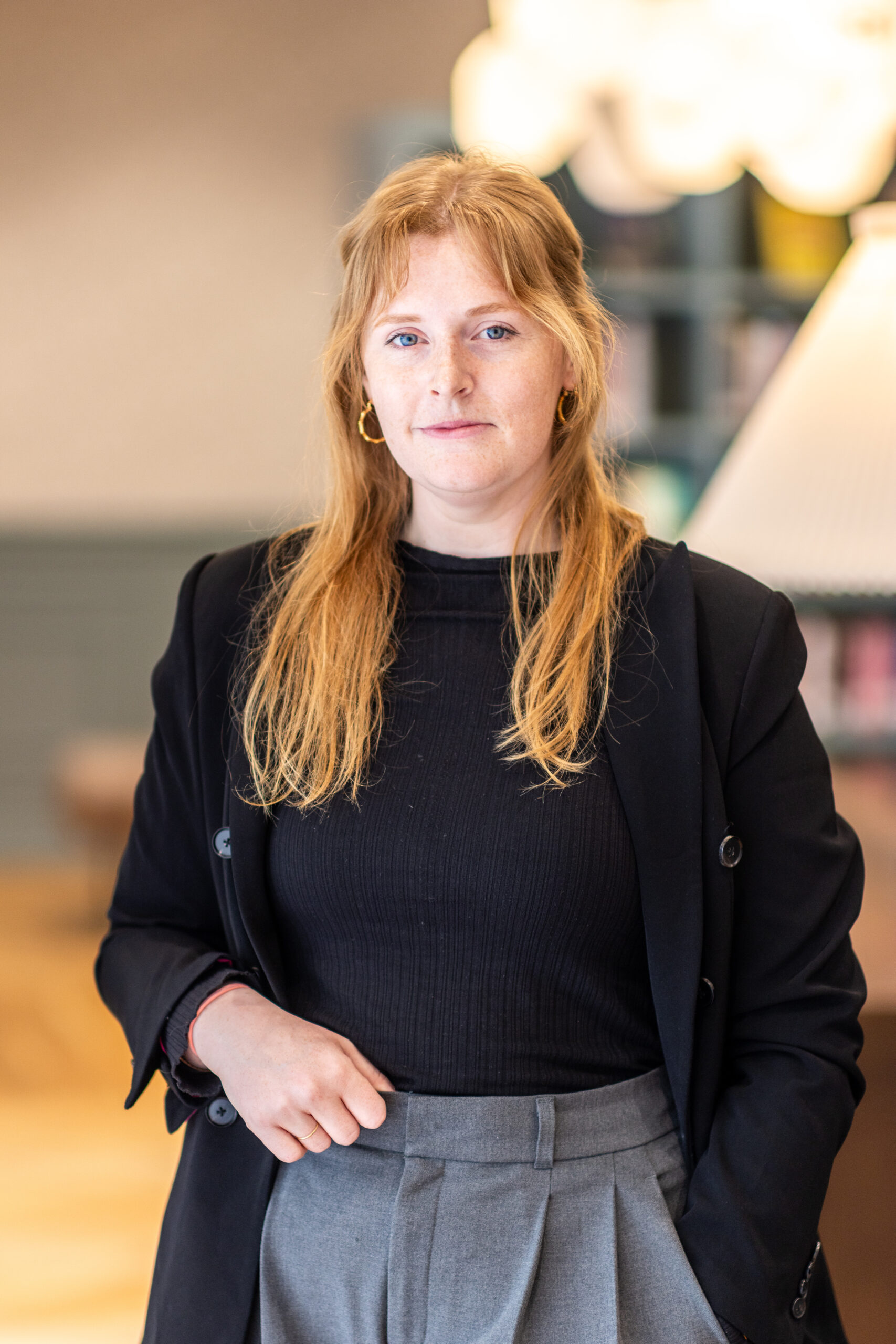
Dear Students, Parents, and Members of the School Community,
It is with great excitement and a deep sense of purpose that I write to you as the new Assistant Principal – Co-Curricular. Joining this vibrant and forward-thinking school has been an inspiring step in my educational journey, and I am truly honoured to be part of a community that values not only academic achievement, but the holistic development of every student.
Originally from the southwest of England, I completed my undergraduate degree in Drama at Queen Mary, University of London, followed by a PGCE in Secondary Education from Reading University. Over the past decade, I’ve taught and led in both UK-based and international schools, and I’ve come to understand that some of the most transformative learning takes place not in the classroom, but beyond it.
Research continues to support the value of co-curricular experiences in promoting student wellbeing, motivation, and achievement. A 2019 review by the Education Endowment Foundation found that enrichment activities—including sports, music, drama, and clubs—are associated with improved attendance, enhanced social skills, and better academic performance1. Similarly, studies in neuroscience suggest that experiential, emotionally engaging learning activates multiple areas of the brain, strengthening memory pathways and promoting deeper understanding2.
Beyond the cognitive benefits, co-curricular programmes help develop what are often referred to as “21st-century skills”—teamwork, communication, adaptability, and resilience. According to the World Economic Forum, these skills are not only valuable but essential for young people entering an increasingly complex and fast-changing world3.
At Rugby School Japan, the enrichment programme is already a vibrant part of daily boarding life, offering pupils an impressive range of opportunities to explore their passions and discover new ones. Whether it’s through sport, creative and performing arts, service initiatives, outdoor education, or pupil-led clubs, each activity provides a space for personal growth and a deeper sense of belonging.
My aim in this role is to continue nurturing that culture—ensuring that every pupil has access to meaningful, inclusive opportunities to develop outside the classroom. In the coming weeks, I’ll be visiting activities across all year levels and speaking with pupils about what excites them, challenges them, and where they’d love to grow.
Thank you for the incredibly warm welcome I’ve already received. I look forward to working closely with you all to strengthen and expand the opportunities available to our pupils, helping them not only to succeed, but to thrive.
Warm regards,
Ms. Jess Ivey Sun
Assistant Principal – Co-Curricular
Footnotes
Education Endowment Foundation. (2019). Arts Education: A review of the evidence. Retrieved from https://educationendowmentfoundation.org.uk/education-evidence/evidence-reviews/arts-education ↩
Immordino-Yang, M. H., & Damasio, A. (2007). We Feel, Therefore We Learn: The Relevance of Affective and Social Neuroscience to Education. Mind, Brain, and Education, 1(1), 3–10. doi:10.1111/j.1751-228X.2007.00004.x ↩
World Economic Forum. (2020). The Future of Jobs Report. Retrieved from https://www.weforum.org/reports/the-future-of-jobs-report-2020 ↩